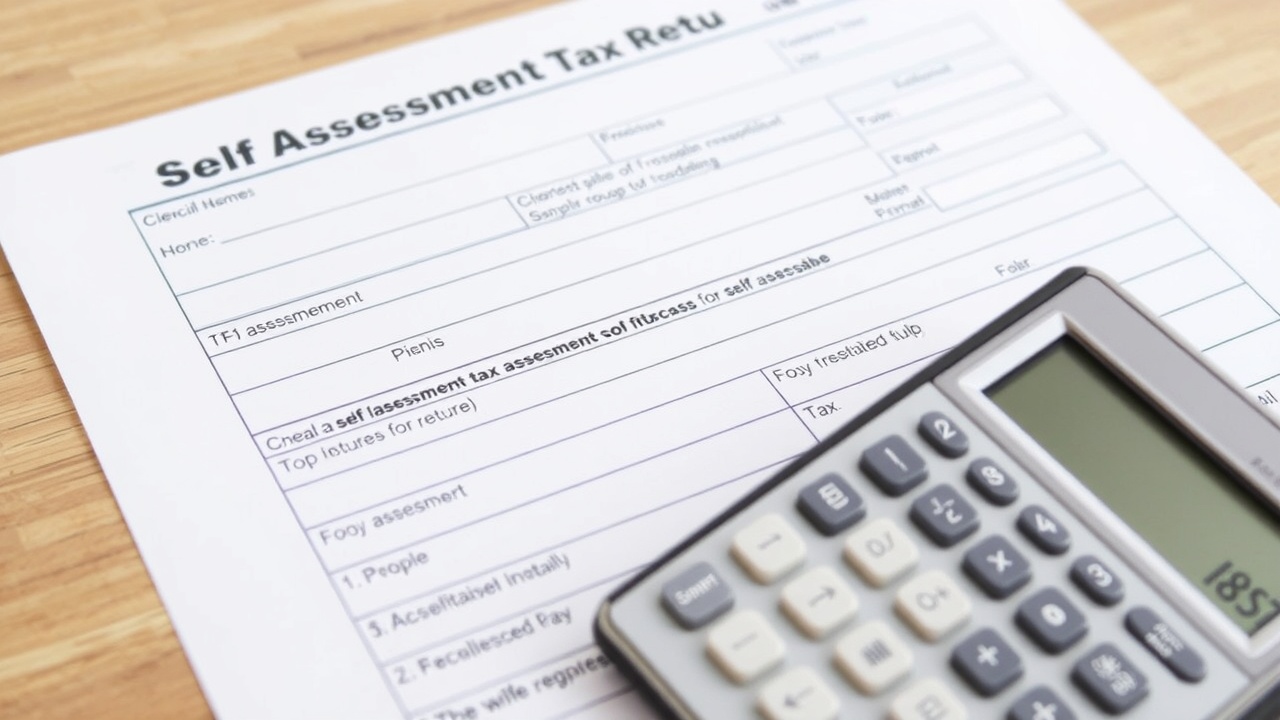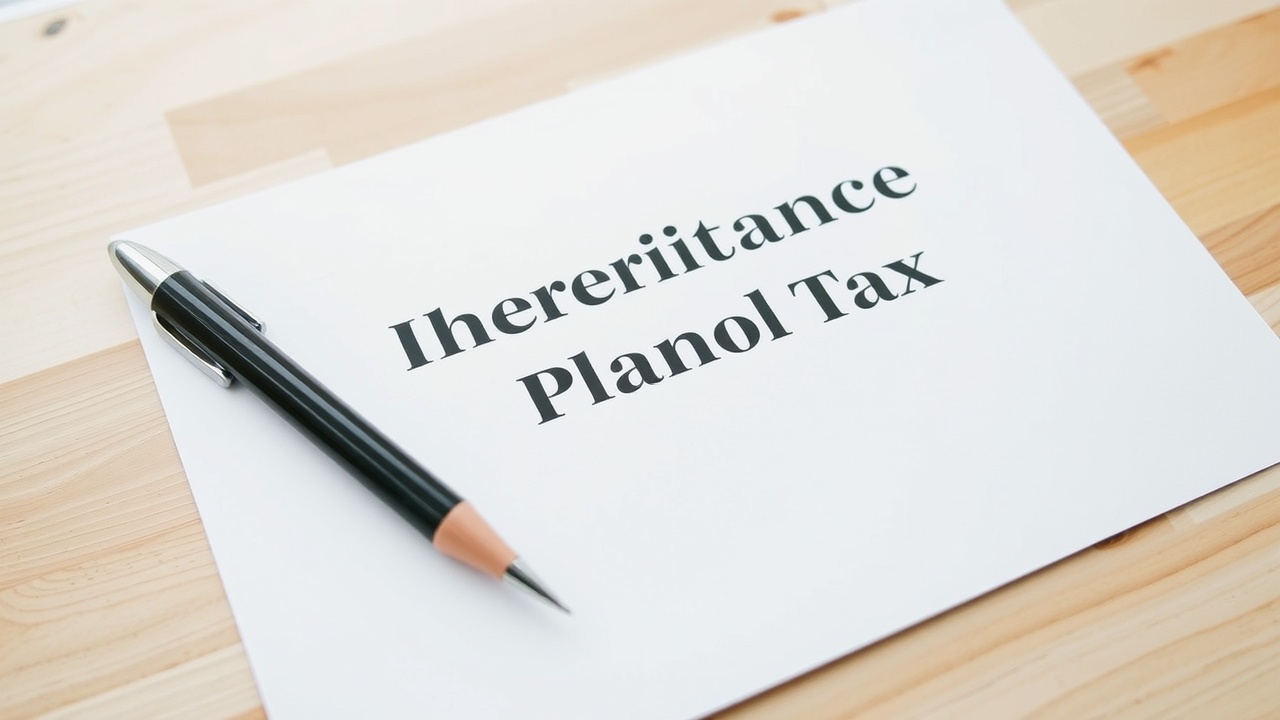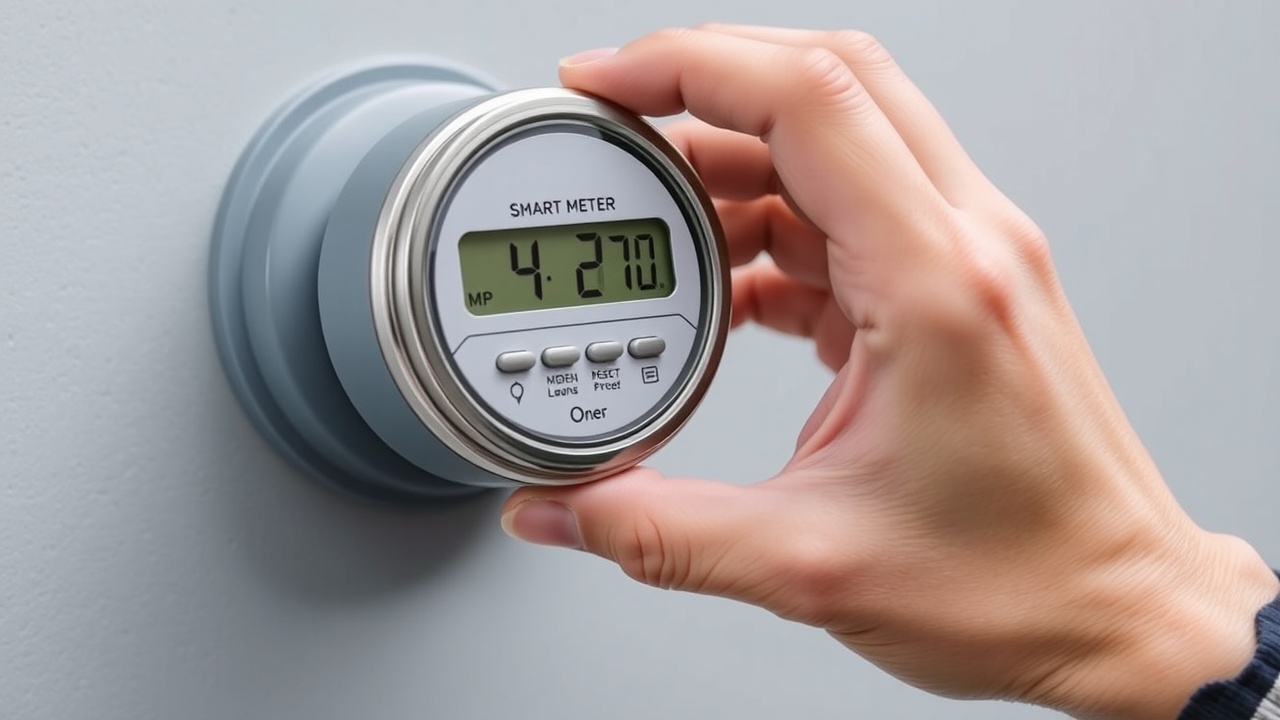
Early filing of your tax return has advantages
We offer our detailed instructions.
Those who are filing their first tax return often ask themselves, "Do I need to file a tax return? When is the deadline? How do I do it".
You may believe that tax returns are only for high-net-worth individuals, self-employed people, and landlords, but this year, more people than ever before will have to file a self-assessment tax return.
Because of frozen tax thresholds, fiscal drag is mostly to blame.
Additionally, since 2022, the dividend and capital gains tax allowances have been cut twice, increasing the tax liability of individuals whose investments are not held in an ISA.
Increased interest rates may also cause some savers to go over their annual savings allowance, which could result in a tax bill on their savings interest if it was earned outside of an ISA.
Although the deadline for filing taxes is not for several monthsOctober 31, 2025, for those who file by mail, and January 31, 2026, for those who file onlineit is still worthwhile to organize your paperwork in advance.
300,000 people filed their tax returns in the first week of the new tax year last year, giving themselves peace of mind. The option to pay your taxes in installments is one of the additional advantages of filing early.
"A personal budget can be successfully maintained by completing that return early. "After the additional expenses of the holiday season, nobody wants to be confronted with a sizable tax bill at the end of January," stated Alice Haine, personal finance analyst at investment platform Bestinvest.
"You can spread out your tax payments over the next nine months to make them easier to handle if you have any. Therefore, you can drip them in gradually rather than paying them all at once to make sure that your cash flow and any savings plans aren't affected in a single month.
Who must submit a tax return?
A frequent excuse for avoiding the tax collector is merely being unaware that the tax was due.
You most likely do not need to file a tax return if your salary is your only source of income and you are not self-employed. Before you receive your salary, income tax will be subtracted through a procedure known as "pay as you earn" (PAYE).
The majority of retirees who only receive their state and private pensions will not be required to file a tax return. At the moment, the personal allowance is greater than the state pension. PAYE will typically be used to deduct income tax if your private pension income exceeds the 12,570 threshold.
You will probably have to file a self-assessment tax return, though, if you also receive income from investments, savings, a business, a second residence, or another source. If you work for yourself, it's the same. We examine the regulations in more detail.
Owners of businesses and independent contractors.
You must file a tax return if you work for yourself or own your own company. Once your income surpasses £1,000, this becomes mandatory (before deducting anything you can claim tax relief on). If you are a business partner, you will also have to file a tax return.
Savings tax.
With their savings, the majority of people can earn a certain amount of interest without paying any taxes. You might be shocked to learn how easily you can surpass this limit, though, given that interest rates have increased recently.
If a basic-rate taxpayer's savings account is held outside of an ISA and their savings pot reaches 20,000, they may be subject to a tax bill. Regardless of the amount of interest you receive, any savings you keep in an ISA are tax-free.
Regulations for funds kept outside of an ISA.
You are eligible to receive up to £1,000 in tax-free interest if you pay the basic tax rate. This is referred to as the personal savings allowance. While additional-rate taxpayers are not eligible for any personal savings allowance at all, higher-rate taxpayers are entitled to 500. If your personal allowance (12,570) hasn't been spent on your salary, pension, or other sources of income, you can also use it to earn interest tax-free. For those with low incomes, there is an extra allowance of up to 5,000, which is also referred to as the starting rate for savings. Only if your income is less than 12,570 will you be eligible for the entire amount; otherwise, you will only be eligible for up to 17,570. You will be required to file a tax return once you surpass these thresholds.
Tax on capital.
If most investments are held outside of an ISA, they are liable to both income and capital gains tax. After being reduced twice in recent years, the dividend and capital gains allowances are now 3,000 and 500, respectively.
You will have to file a tax return if you made more than £50,000 from the sale of your assets or if you exceeded the 2024 - 2025 tax year thresholds.
It is important to keep in mind that after investments are sold, capital gains tax must be paid. Losses can be written off to reduce your capital gains tax liability.
Rental income tax.
Any rental income from your property that you rent out is likely to be subject to taxation. Whether you are a business owner or a private property owner, the regulations change.
If you personally own the property, the following guidelines are applicable.
You should get in touch with HMRC if your annual income is between £1,000 and £2,000. You must file a tax return if your income exceeds £2,500 after allowable expenses or £10,000 before allowable expenses. Allowable expenses include costs for gardening, ground rent, maintenance and repairs, and letting agents. The first £1,000 of rental income, also referred to as the property allowance, is tax-free. Nevertheless, you will not be able to deduct your expenses if you do this. The tax rate on rental income is the same as it is on other types of income, like your salary. There are distinct regulations if you own several properties and operate them as a buy-to-let business. Like all other business income, rental income should be counted in the same manner. The official government website has more details.
The parents who cover the cost of child benefits.
You must file a tax return to return any excess child benefit you receive if you are not eligible for the full amount.
Currently, 60,000 is the threshold for child benefit payments. You will be required to repay 1% of each additional 200 in income if your partner's or your own salary surpasses this cap (individually, not jointly).
If you owe money, you can figure it out using the government's child benefit calculator.
The rules will change later this year, which is good news. This summer, Chancellor Rachel Reeves plans to launch a new digital service that will allow families to pay back the charge using their PAYE tax code.
Individuals earning £1,000 via side projects like Vinted or eBay.
You might have to disclose any side income you earn from selling goods on websites like Vinted, Etsy, or eBay, but the regulations are complicated.
First off, you only have to report your income if your side business brings in more than £1,000 during the tax year. Second, even if the annual total exceeds £1,000, you are exempt from declaring income if you are selling personal items for less than you originally paid. This basically means that you won't have to pay income tax unless you are considered to be trading. There is only one exception when it comes to personal belongings: if you sell something for more than £6,000 and turn a profit. Although capital gains tax may be owed at this time, income tax is most likely not due. The official government website offers more details. It is important for those whose actions qualify as "trading" to follow the regulations. The chief executive of the fintech company TotallyMoney, Alastair Douglas, states: "Even though you may not think the taxman will find you, these platforms must share your information if you have made more than 1,700 or sold more than 30 items.
If you want to lower the amount of your bill, you can list some expenses on your tax return. Postage and envelopes that you paid for when shipping the goods to the customer are included in this. If you need to provide proof of these costs, don't forget to preserve any supporting documentation.
Supplementary untaxed income.
According to HMRC, if you received any additional untaxed incomesuch as commissions, tips, or foreign incomeyou might also be required to file a tax return. HMRC's online tool can assist you if you are still unsure if you must file a tax return.
Do you owe the tax collector money?
Even if you don't owe HMRC money, there are situations when filing a tax return is in your best interest. For instance, HMRC may actually owe you money in the form of pension tax relief if you are a higher or additional-rate taxpayer contributing to a pension plan.
Every saver automatically receives their 20% basic-rate tax back. However, depending on the type of pension plan you are in, you might have to claim the remaining amount back yourself if you are a higher or additional-rate taxpayer.
Any tax relief that is due to you will be automatically paid if you are a member of a "net pay" pension plan, where pension contributions are made prior to your taxes. You might need to take action, though, if you are a member of a "relief at source" pension plan, in which contributions are made after taxes are subtracted. This group typically includes self-invested personal pensions (SIPPs). Similarly, you can file a tax return to get a refund if you have already begun taking withdrawals from your pension pot and HMRC isn't giving your pension income the correct tax code (which happens frequently). By giving your pension provider your most recent tax code or P45 prior to taking your first withdrawal, you can instead prevent this overpayment altogether.
The detailed instructions for filing a tax return.
The process of filing a tax return can be intimidating, but here are the essential steps you must follow and the dates you must mark on your calendar.
1. Make an HMRC registration
Registering with HMRC is the first step if you have never filed a tax return. If you have previously registered with HMRC but did not file a tax return last year, you will also need to do this.
The deadline for registration is earlier than the deadline for final filing. By October 5th, you must have registered.
You will obtain your Unique Taxpayer Reference number after registering. You can typically view it sooner through the HMRC app or your online HMRC account, but it may take up to 10 working days for it to arrive by mail.
You must notify HMRC as soon as possible so that it can review your request if you filed a tax return last year but don't think you need to do one this year.
2. Collect the paperwork and fill out the form
Among the personal details requested on the tax return form are your name, address, birthdate, National Insurance number, 10-digit Unique Taxpayer Reference number, and, if applicable, your employer reference code.
Additionally, you should gather any pertinent documents and have them on hand when completing the form. Your P60, bank statements, student loan statements, and any statements from investment accounts may be among them.
There are multiple sections on the tax return form that require you to provide details.
Any money you made (e.g. G. Tax reliefs (through interest, dividends, or your pension) Student loan repayments Any money owed due to the child benefit charge Any marriage allowance you wish to give to your spouse or civil partner Depending on your situation, you might have to fill out additional pages. For instance, if you work for yourself, you will have to complete this.
3. Fill out and submit your tax return
After filling out the form, send in your tax return. A tax bill detailing your outstanding balance will then be sent to you. This information is generated instantly if you file your taxes online.
The due date for submitting a paper tax return (i.e. E. by mail) is October 31. Online filers have until January 31st.
4. Pay your taxes
Make sure you pay your tax bill by the deadline of January 31st after submitting your tax return. Online payment options include the HMRC app and the government website. "less than a minute with immediate confirmation of payment" is how HMRC describes the app's payment process.
If a late filer is even one day late, they will be assessed an initial penalty of 100 (i.e. E. February 1st). Additional daily penalties of 10 up to 900 are imposed after three months (1 May).
A further penalty of either 5% of the tax owed or £300, whichever is higher, is applied after six months. After 12 months, you are subject to the same penalty (5 percent or 300).
Even if you filed on time, there are penalties for paying your bill after the due date. Five percent of the outstanding tax at thirty, six, and twelve months is one of these. The eye-watering rate of 8 percent (base rate plus 4 percent) is also applied to interest.
According to Hargreaves Lansdown pensions and savings specialist Charlene Young, "if you're having trouble paying, you might be able to agree a payment plan online with HMRC as long as you owe 30,000 or less." You can find more information on the government website.
When planning for the upcoming year, think about submitting your taxes early. The ability to create a budget payment plan that enables you to make weekly or monthly direct debit payments toward your bill is one advantage.
How to obtain assistance when submitting your tax return.
HMRC states that using its online tools or chatting with its digital assistant is the fastest way to get assistance when filing your tax return. Since it's a chatbot, it ought to be able to assist with common questions, but it might have trouble with more intricate ones.
You can ask to speak with an HMRC adviser if one is available if the digital assistant is unable to assist.
Alternatively, if you live in the UK, you can contact HMRC's helpline at 0300 200 3310. If you're not in the UK, give +44 161 931 9070 a call instead. The hours of operation are 8 a.m. to 6 p.m., Monday through Friday.
It might be worthwhile to hire an accountant if your tax situation is complicated. Remember that you might need to give them advance notice, so it's worth doing this well in advance of the annual deadline of January 31.
"Paid on account"what is it?
A system called "payments on account" is required for some individuals. If you owed £1,000 or more in taxes last year, or if you failed to pay at least 80% of your taxes using your tax code, this applies to you.
This system allows you to pay your taxes in two installments in advance. Your monthly payments are only estimates that are determined by the amount of taxes you paid the year before.
A portion of your tax bill for the 2024 - 2025 tax year should have already been paid if you use this system. The second installment is due on July 31, 2025, and the first would have been paid by January 31, 2025.
Since these are only estimates, you might still owe money after filing your tax return. Alternatively, you might be owed money by HMRC.
By midnight on January 31, 2026, you will have to make a "balancing payment" if you have underpaid. The government website will allow you to request a tax refund if you have overpaid.














Leave a comment on: How to submit your tax return